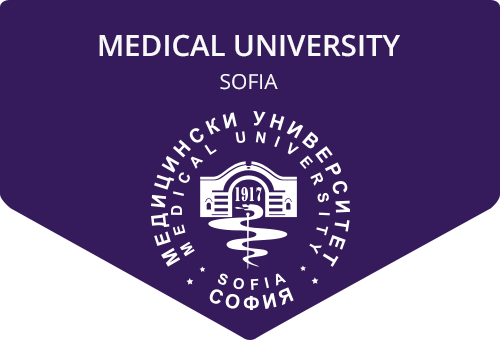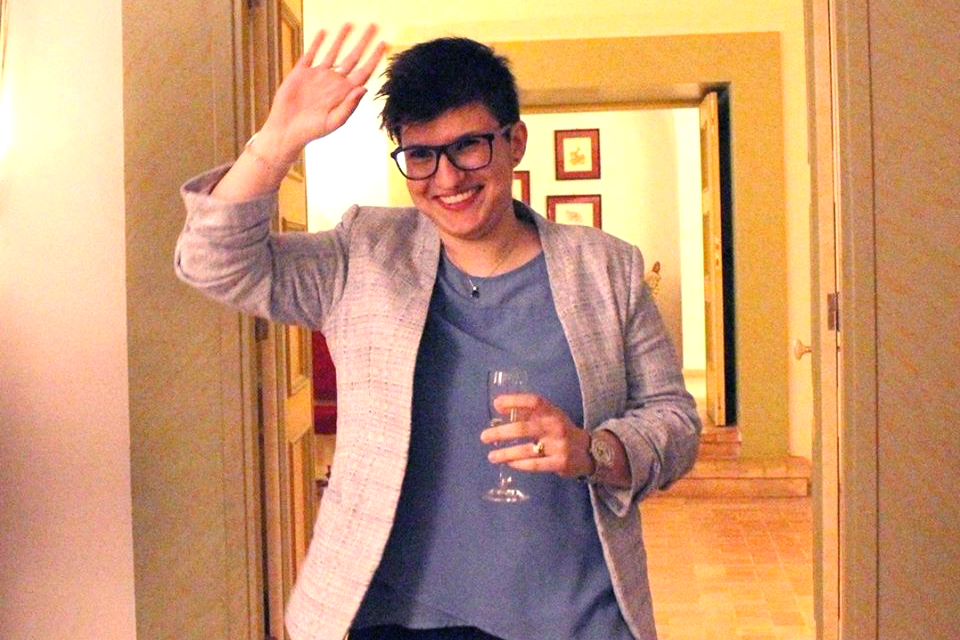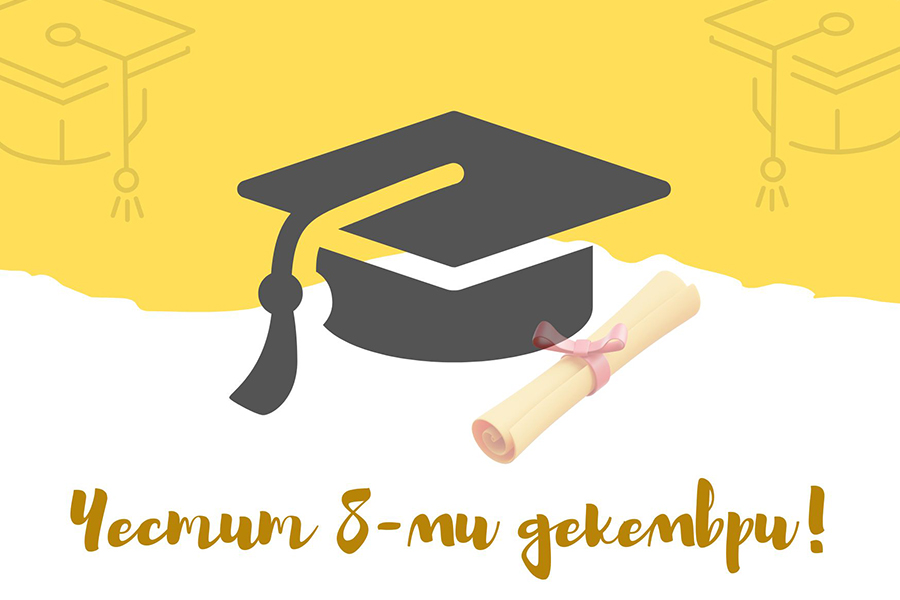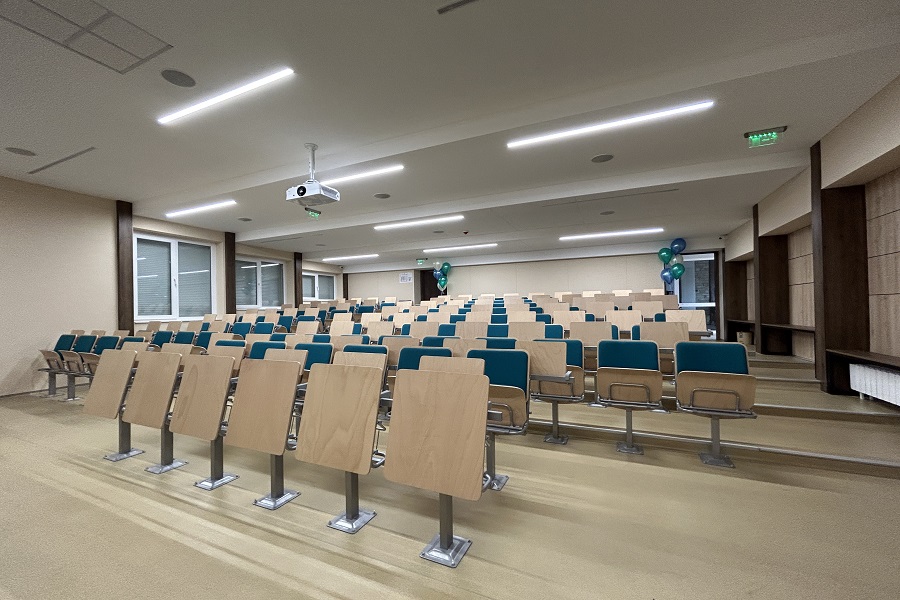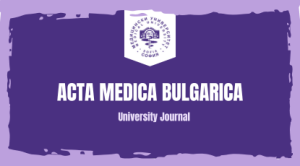Kiara – a volunteer who became a doctor at the Medical University – Sofia before “24 hours”newspaper
A 27-year-old woman who wants to be a pediatrician in Sweden volunteers in one of the most dangerous areas. She enters the patient halls with two layers of protective equipment, glasses, masks.
Kiara Magaldi, 27, is among the hundreds of doctors who came to the “front” for a coronavirus in Northern Italy.
Kiara is from the Southern Italian city of Foggia, but has been working in Sweden for a year. She doesn’t hesitate to head to the hottest spot where many medics are infected with COVID-19. So in early March, the girl from Puglia went to Cremona.
“Did I see anyone die of a coronavirus? It’s about how many coronavirus patients I saw dying. Today I also had to identify a patient who has died and report the time of his death.”
Dr. Kiara Magaldi shared this in a phone interview for 24 hours newspaper shortly after she completed her duty at Cremona Hospital. How exactly are her days passing by there in the hospital?
“I get up at 6.30 in the morning because at 8.00 we have a meeting with the heads of wards where we make decisions on the day’s patient therapies. Then I go to the men’s ward where I work, the name is formal because the whole hospital is for patients with COVID-19.
I’m in a great team of doctors and nurses – they have welcomed me warmly and treat me nice. I always work with two more doctors, and colleagues from other departments are sent for duty in emergencies. There are thirty patients in my department and over 150 with coronavirus throughout the hospital.
Most of the patients in our ward are over 75 years old. Unfortunately, there are 55-56-year-olds. Other wards also have patients between 30 and 35 years old.
I talk to the sick every day, trying to uplift their spirit. One was brought in by Ambulance without any illness. I thought there was a mistake and that this patient was at least hypertensive. However, when I went into his room to examine him, I realized that he was completely healthy before. “
Kiara sees people suffering and dying from coronavirus every day.
“You can never get used to it. When I’m at work, I don’t think much about it. If you stop thinking about those people who are there, how they are suffering, how their loved ones are waiting for news at home, that would be the end because you couldn’t go on.
Being inside the ward makes you not thinking about that.
However, when you get home, emotions prevail over everything. “
How do patients communicate with their loved ones?
“Patients have phones in the rooms so they can talk to their loved ones whenever they want. However, we also have phone meetings every day for one hour mornings and evenings – then the ward telephone is available to relatives who call for information from the doctors. I often talk to patients close – it is very difficult because everyone is excited and wants to know a lot of details, and it is difficult to talk in details with the relatives of 30 patients.”
Kiara’s arrival at Cremona Hospital happened very fast, since the coronavirus epidemic broke out.
“When the Codogno case broke out, I started looking for jobs in the area. I asked all my colleagues with whom I studied in Sofia and were scattered throughout Italy. One of them sent me the announcement about Cremona. The very next day, on March 7, I applied. On the 10th I was called, and on the 11th I was already on my way to Cremona. On March 12th, I signed the contract, and on 13th I started. My contract is for a month because it is related to the coronavirus emergency, but it can be renewed if it is continued. The conditions were not intended to provide us with accommodation, but after hospitals agreed with the monasteries and local churches which also offered sleeping rooms, they provided us with free housing.
According to the contract, I have a day off every three days. Sometimes I need to replace a doctor who has become infected and needs to be quarantined. I think 9-11 percent of our staff are positive for COVID-19.
As soon as the crisis is over, I will begin my specialization in Sweden. I have always dreamed of becoming a pediatrician. Prof. Petrova from Alexandrovska Hospital in Sofia made a huge contribution to my decision. She was my mentor. I also have great memories of Dr. Vladov, who taught us the third-year propedeutics of internal diseases.
Other Italian colleagues from Sofia work in hospitals treating coronavirus patients. The one who told me about the ad for Cremona was working at the Emergency and was infected himself. He’s under quarantine now. “
“When I go to the ward, I come in with the doctor’s apron to a room they call the ‘filter area’. You put on all the gadgets – a disposable team that wraps you literally all over, including your hair. Then you put your glasses on to avoid contact with the virus. The masks are FT2 type, you also wear gloves, but this is the outfit you are wearing while being in the compartment.
Before entering each patient’s room, there is a table with other disposable aprons, gloves, and hats that you put on and take off each time you are with that patient. So in a COVID-19 patient’s room you have two layers of personal protection equipment on you. “The less you touch or remove something from yourself, the less likely you are to become infected. Under the mask your mouth becomes dehydrated, dries completely. Eating eight to ten hours is not a problem for me. But drinking is more difficult. I use as much as I can moisturizer gel to gently remove my mask and drink some water. “
Kiara reminisces about Sofia with a smile, where she went thanks to the European Center for University Studies in 2012.
“Bulgaria is part of my heart,” says the young doctor.
The interview was given for the 24 Hours Newspaper to Violina Hristova, Rome
